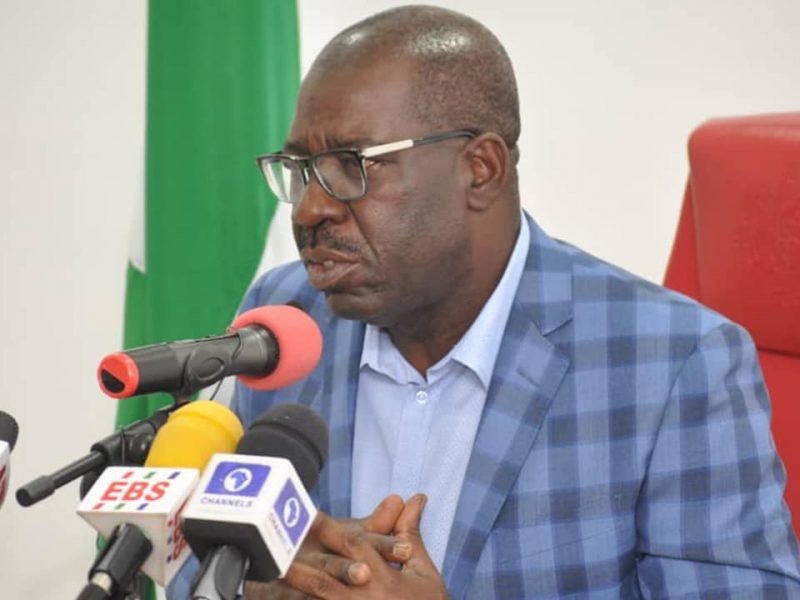Nigeria telecom diesel supply disruption caused by union blockades risks widespread mobile service outages affecting millions of users. Efforts are underway to resolve the diesel supply crisis to protect Nigeria’s vital telecom infrastructure and maintain network uptime
Nigeria telecom diesel supply is at the center of a critical dispute as unions in the oil sector have blocked diesel depots, threatening to disrupt mobile phone services for millions in Africa’s largest population.
Also read: NCC unveils telecom reform blueprint in 2024 RIA report
IHS Towers, managing over 16,000 base stations for MTN, Airtel, Globacom, and 9mobile, confirmed the crisis is under legal review and that they are working with regulators to resolve the issue.
The blockade by the Nigerian Union of Petroleum and Natural Gas Workers and the Natural Oil and Gas Suppliers Association of Nigeria halted diesel deliveries in key regions like Lagos, Kaduna, and Delta State.
This action followed allegations against companies linked to NOGASA accused of diesel theft.
With Nigeria’s telecom infrastructure heavily reliant on diesel-powered generators due to unreliable grid electricity, prolonged supply disruptions could lead to significant voice and data outages.
This threatens the country’s \$75 billion telecom market and millions of users dependent on continuous service.
Gbenga Adebayo, chairman of the Association of Licensed Telecommunications Operators of Nigeria (ALTON), stressed the urgent need for legal resolution and warned of the serious economic and security impacts if the blockade persists.
Despite the challenge, IHS Towers reaffirmed its dedication to maintaining network uptime,
highlighting that telecom sites are classified as Critical National Information Infrastructure under Nigerian law, with serious penalties for interference.
The Nigerian mobile industry consumes over 40 million liters of diesel monthly, with off-grid rural sites facing the highest costs.
Telecom companies are now accelerating the shift toward hybrid energy systems using solar and batteries to reduce fuel dependence, operating costs, and carbon emissions.
Also read: NCC mandates telecoms to compensate subscribers for extended outages
Resolving the Nigeria telecom diesel supply disruption swiftly is crucial to safeguarding millions of users and Nigeria’s vital communications backbone.





























